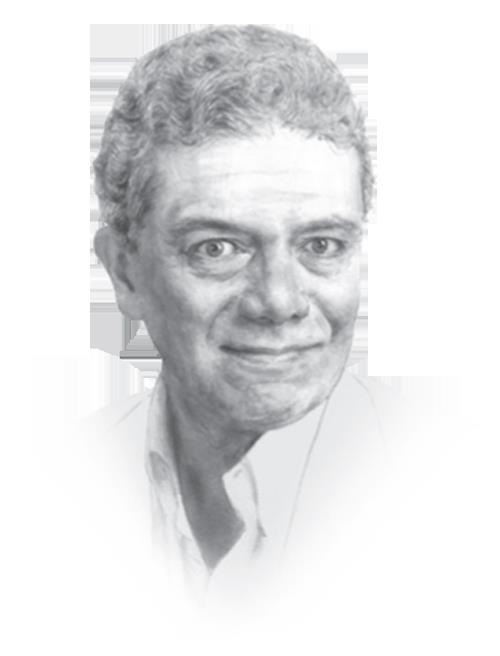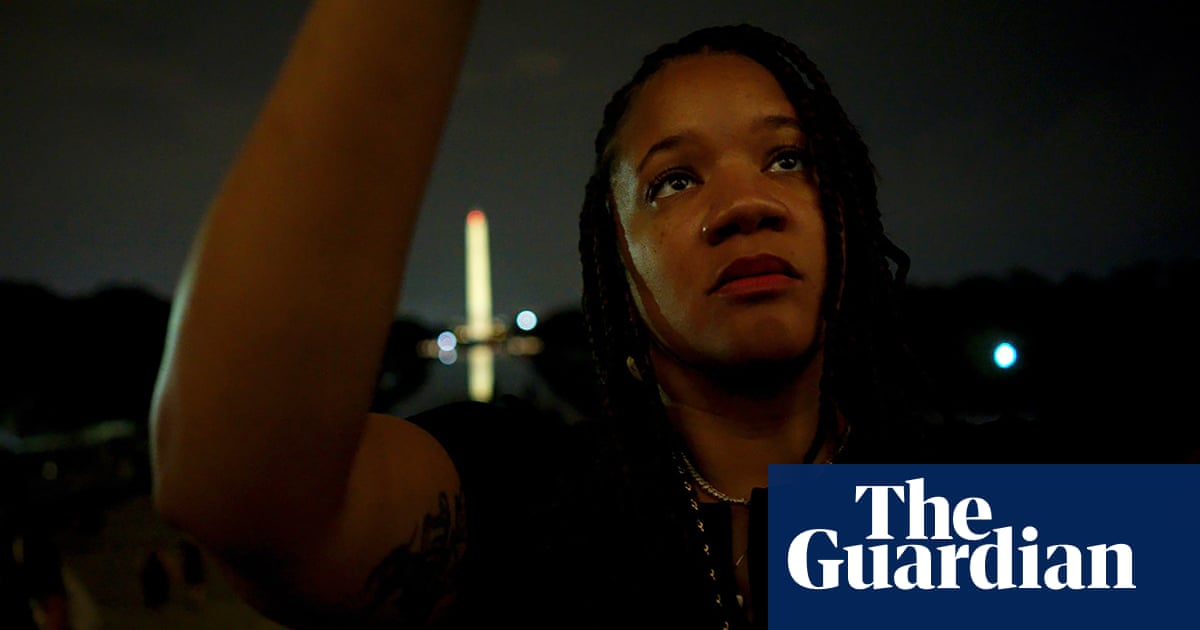
German Chancellor Angela Merkel and the presidents of Russia, France and Turkey all had different objectives when they met in Istanbul at the end of October to discuss a way forward on Syria. The Russians have skilfully used the conflict to strengthen their foothold in the Middle East; added to their naval base at Tartus, they now have an air base at Hmeimim and several forward bases. Tartus is of particular strategic importance because maritime access south of the Arctic Circle is a priority for the Russian fleet.
Now that the war may be nearing its end, Russia is concerned with what it will take to rebuild a country in which swaths of land have been destroyed and many cities reduced to rubble. As Russia does not have the economic wherewithal to do this alone, Moscow needs friends with deep pockets.
Enter Germany and other affluent European countries. President Vladimir Putin had already visited Merkel during the summer to discuss if she would loosen the purse strings to help efforts to rebuild Syria.
The conflict matters to Germany, and to most continental European countries for that matter. Hundreds of thousands of Syrian refugees fled westward to the EU, first via the Balkans and then trying to cross the Mediterranean by myriad alternative routes. The EU is institutionally ill-equipped to deal with the seemingly endless streams of migrants, and many of its member states are unwilling to offer them shelter. This crisis, which is larger than Syria alone, has given rise to some European populist movements and strengthened others. Stemming migration, and outright xenophobia, have become part of the daily political discourse in Europe. The issue threatens more than European core values; it may well cause the end of the EU if it cannot be addressed appropriately. Presidents Putin and Erdogan are only too aware of this malaise and are willing to use it to their advantage.
Merkel understands that the flow of refugees will not end unless Syria is rebuilt and its people can again aspire to a life of peace and prosperity. So does Emanuel Macron. They have not agreed to any deal, but the fact that they are engaging is a first step. Macron was clear that from his perspective this summit was all about refugees.
It was probably good that the four powers met last month, but we should not forget that the wellbeing of the Syrian people was not the key consideration for any of them.
Cornelia Meyer
There is a lot at stake for Recep Tayyip Erdogan. The Turkish economy is in a deep crisis and he is housing 3.5 million Syrian refugees. He had agreed with the EU to seal his borders in return for a payment of 6 billion euros, some of which has been withheld because of EU disagreements with Turkey’s approach to human rights and freedom of the press. Therefore, Erdogan too needs money to deal with his country’s faltering economy and sliding currency.
The other two big concerns for Erdogan are Idlib and the Kurds. Erdogan and Putin agreed in September to establish a buffer zone around Idlib province, where Al-Qaeda and other militant opponents of the Assad regime remain holed up. About two million civilians are also trapped there. An offensive by regime ground forces and Russian warplanes would have resulted in a humanitarian disaster and another wave of refugees, which Turkey feels it cannot accommodate. So far, the truce has held. The question is, for how much longer?
Erdogan also fears the Kurdish YPG fighters who have been instrumental in helping the Western allies (particularly Germany) to fight Daesh. The Turkish government sees the YPG as an affiliate of the outlawed PKK. Turkish governments react strongly whenever the Kurdish question is brought up, because they fear for their country’s territorial integrity; Turkish military incursions around Kobane, Afrin and Manbij are a manifestation of that concern.
It was probably good that the four powers met last month, but we should not forget that the wellbeing of the Syrian people was not the key consideration for any of them. It is also difficult to find a solution without the US, Iran and all the other players who matter at the table. The big elephant in the room, which nobody dared to bring up, was what should happen to Bashar Assad and his regime.
The most specific outcome of the Istanbul summit was the demand that the US reconvene a constitutional committee on Syria. The UN’s outgoing Syria envoy, Staffan de Mistura, has tried that before, and was told in no uncertain terms by Syria’s foreign minister, Walid Al-Muallem that the regime would not play ball.
Things may be moving on that front, though. The new UN envoy is the experienced Norwegian diplomat Geir Pedersen, who Russia’s UN ambassador Vasily Nebenzy has said may succeed in forming a constitutional committee on Syria. We can only wish him luck. Solving the Syrian crisis is fiendishly complex. There are so many actors, most of whom are unacceptable to each other, as are their objectives. Compromise is virtually impossible, and peace may remain elusive — but Istanbul was a first step, and hopefully more will follow. For the sake of the Syrian people, we can only hope so.
Cornelia Meyer is a business consultant, macro-economist and energy expert. Twitter: @MeyerResources
Disclaimer: Views expressed by writers in this section are their own and do not necessarily reflect Arab News" point-of-view












